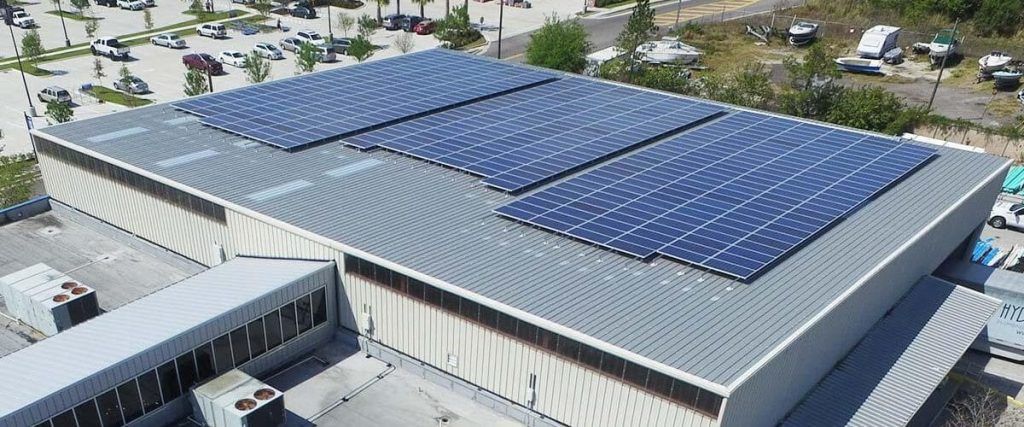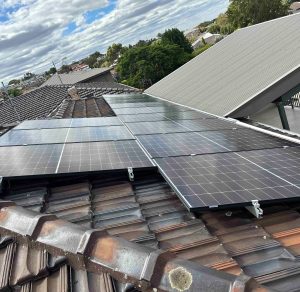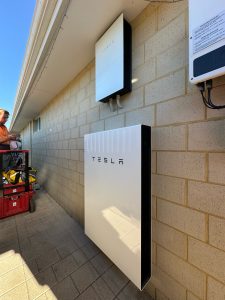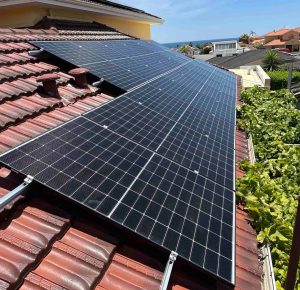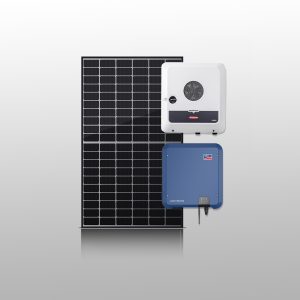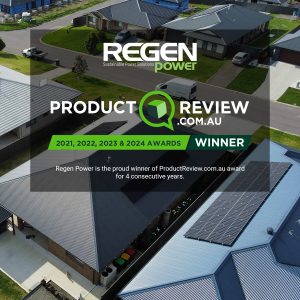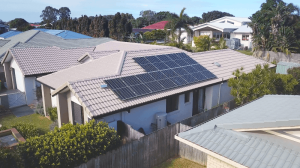Commercial Solar System was once considered an expensive power source is now turning the attention of businesses to power their buildings. There are significant benefits from installing a commercial solar system, whether it is a large or small-scale business. With the rapid surge in electricity prices during the last 10 years, putting your roof space to good use can be a sensible decision.
Most businesses are opting for renewable solar energy to reduce electricity usage. Not only companies but also schools, hospitals, etc. can utilise the roof space for installing solar panels. Rooftop solar panels are also an additional income for an organisation. Ideally, you would use all the solar power onsite, however, any surplus power can be sold to the grid.
Which panels should I purchase?
Solar panels have created quite a presence in the commercial sector. Based on technology, many types of roof solar panels have emerged to offset energy costs. In addition to costs, it is paramount to consider the manufacturer and materials used to offer the best performance. The solar manufacturers are classified into tiered systems based on the economic performance of the company.
Tier 1 solar panels manufacturers have been rated as Tier 1 for manufacturing excellent modules and they score well on lots of criteria. Tier one manufacturers of commercial solar energy systems use the best and purest grade of silicon to produce solar cells. These firms use higher grade silicon for cells to perform efficiently and effectively. Finally, Tier one companies have at least five years of history in producing solar panels. They invest heavily in R&D and use advanced robotic processes to manufacture solar panels.
Things to consider before installing commercial solar panels
- Tier 2 and 3 companies offer lower quality solar panels than Tier 1. They invest less in R&D and robotic automation processes do not play a major role.
- The best solar panels offer higher conversion efficiency, long-lasting warranties, and a huge reduction in energy bills. They are –
- Jinko Tiger Bifacial 475w – The best commercial solar panels to invest in. Jinko is the industry leader and delivers incredible performance that no one else can match.
- Longi HiMO 4 LR4-72HBD 450w – Longi HiMO dominates the industry and is genuinely a high-quality product. Also, returns on investing on these panels are amazing.
- Trina Vertex TSM – DE18M (II) 480w – Trina is a promising solar solution with high efficiency and fantastic performance. Besides this, it is highly affordable.
- SunPower Performance 3 420w – SunPower is a much-known brand and is the most efficient solar panel in the market. The technology and design allow panels to generate up to 8% more energy than conventional panels.
- Canadian HiKu 450w – Notably, Canadian solar panels are suitable for bigger businesses like farms. The N-type cell technology provides whopping panel conversion efficiency.
- LG solar panel – LG450S2W 450w – A trustworthy and reputable brand for commercial and residential buildings. These panels are quite expensive but can provide great savings on energy bills.
What are the prices of commercial solar PV systems?
Regen Power is a specialist in commercial solar system installation. We have already installed many commercial systems in Australia. we offer expert commercial solar installations with the best solar panels. We have listed the model sizes and prices that would suit your budget and energy needs.
A 10kW commercial solar system is suitable for businesses with low energy usage. The average cost of these panels would be $11,000 to $17,000.
Commercial solar energy systems of 20kW and 30kW are ideal for businesses with low to medium energy usage and cost varies from $32,000 to $55,000.
A 50kW solar system is a good return on investment in Australia. The average cost of a 50kW commercial solar is $56,360 to $61,990.
The 70kW and 100kW commercial solar PV systems will cost you $130,000 to $200,000 and are suitable for large office buildings or a manufacturing facility as the energy production is very high.
However, there are additional costs for installation, ground-mounting and grid protection or connection.
What are the available rebates and incentives?
Federal Government issues two kinds of certificates under Renewable Energy Target –
- Small-scale Technology Certificates (STCs) – for solar panel systems ≤ 100kW. The Small-scale Renewable Energy Scheme (SRES) creates a financial incentive for owners who install small scale solar.
- Large-scale Generation Certificates (LGCs) – for solar panel systems > 100kW. The Large-scale Renewable Energy Target (LRET) creates a financial incentive for installers of large scale renewable energy.
- Both STCs and LGCs are tradeable commodities attached to eligible installations of a solar system or any other eligible renewable energy generation.
Under an Environmental Upgrade Finance (EUF) agreement, low-interest loans for solar are available to businesses in Victoria, NSW, and South Australia. Also, The Clean Energy Finance Corporation is working in partnership with some of the nation’s leading financial institutions to help states benefits from attractive subsidies and financing.
Installation Process
Every commercial solar system installation requires proper planning to ensure smooth construction. From the moment product selection and purchase have been made, a team of engineers will assess your site to ensure it is ready for solar installation. A design engineer must be aware of the permit process well, who later, then verify and approve the solar building plans to be submitted to the city for permits.
Once a permit has been issued, a commercial solar system will be installed, which would typically take between 4-6 hours depending on system size. Talk to your energy retailer for arranging feed-in tariffs. Finally, get your solar energy system activated by obtaining permission to operate. Above all, you should get a professional solar company for all these processes.
Conclusion
With the continual increase in electricity prices, adopting solar energy can be a bonus for business. Commercial solar power systems are suitable for business as
- It contributes to the reduction of CO2 in the atmosphere
- Increase your company’s sustainable credentials and improve your company’s reputation.
- Protect from the energy price hike in the future.
- Energy security, non-dependence of the grid connectivity.
- Reliable and low-risk investment.
Certainly, this suggests that you can be confident about investing in a commercial solar system for your business.

